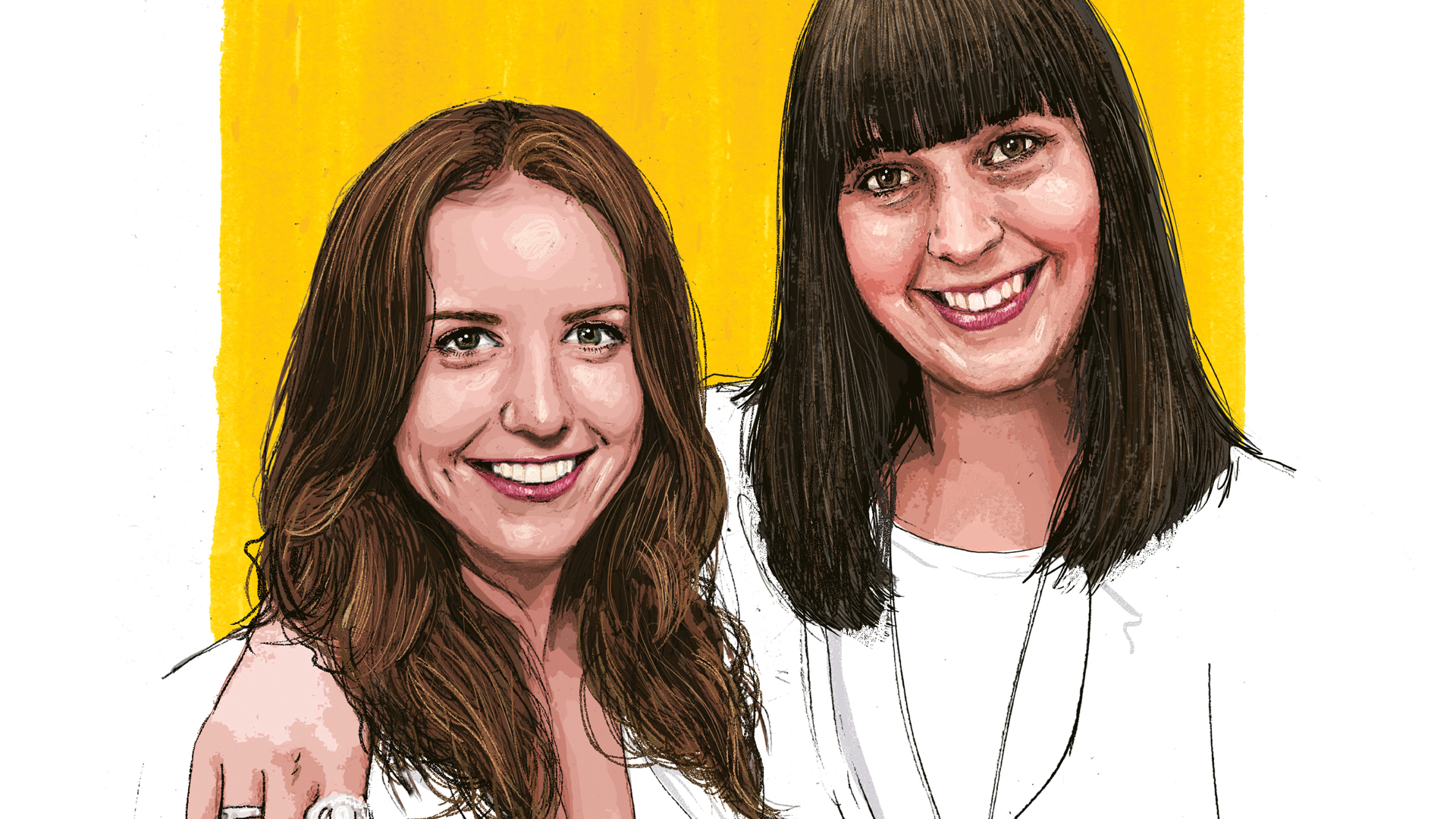The new generation of newshounds is being reared in Greater Manchester. Media whizzes Kirsty Day and Grace Dyke launched Media Cubs, a pioneering youth project that takes the demand for more diverse media and turns it into fun workshops for underprivileged seven to 11-year-olds. “You can’t be what you can’t see,” co-founder Day tells The Big Issue, on a mission to show working-class kids they can set the same ambitions as their privileged peers. Media Cubs is also an effort to improve literacy and confidence in schools feeling the effects of cuts and squeezed budgets.
Day, a journalist by trade, met Dyke while working at Alzheimer’s Society. After hitting it off the pair set up Yellow Jigsaw in 2014, a social change-focused PR agency. But by 2018, mum-of-two Day was itching to create something that married her passion for media and her concern that the school curriculum wasn’t offering the space to grow as a communicator that it once did. “It seemed like all the creativity was being sapped out of classrooms in terms of writing,” she says. “I thought, what’s wrong with being able to create a great story and letting everything else come after that?”
The co-founder knows all too well that working-class people are under-represented in many newsrooms and worried it was contributing to growing mistrust in the media. Keen to encourage children’s confidence and help them believe that they can make a difference no matter their background, Media Cubs was designed to transform any space into a newsroom and pop-up TV studio.
It lets kids share their views and make the news, whether they want to be in front of the camera, taking photographs or writing news reports. “That’s all the serious stuff,” Day says. “On top of that, it’s just loads of fun.”
The children involved are encouraged to explore their interests, “which range from Pokémon to politics”, and create news stories, reviews and pieces to camera about them – there are even weather forecasts. The co-founders were surprised by how media-savvy the kids turned out to be, and have learned to embrace the likes of TikTok as a new platform children are familiar with and keen to get creative on. “They’re much better at things like spotting fake news as children than as adults,” Day says. “They don’t cease to amaze me with how media-literate they are.”
The project began as a couple of pilots in schools run alongside parent focus groups. What the Media Cubs team found was that while parents were excited about the literacy benefits that would come from the scheme, what they really wanted was even more simple – to see their children increase in confidence. It would go on to prove particularly valuable for kids who weren’t drawn to standard after-school activities put on by their school, Day says.









